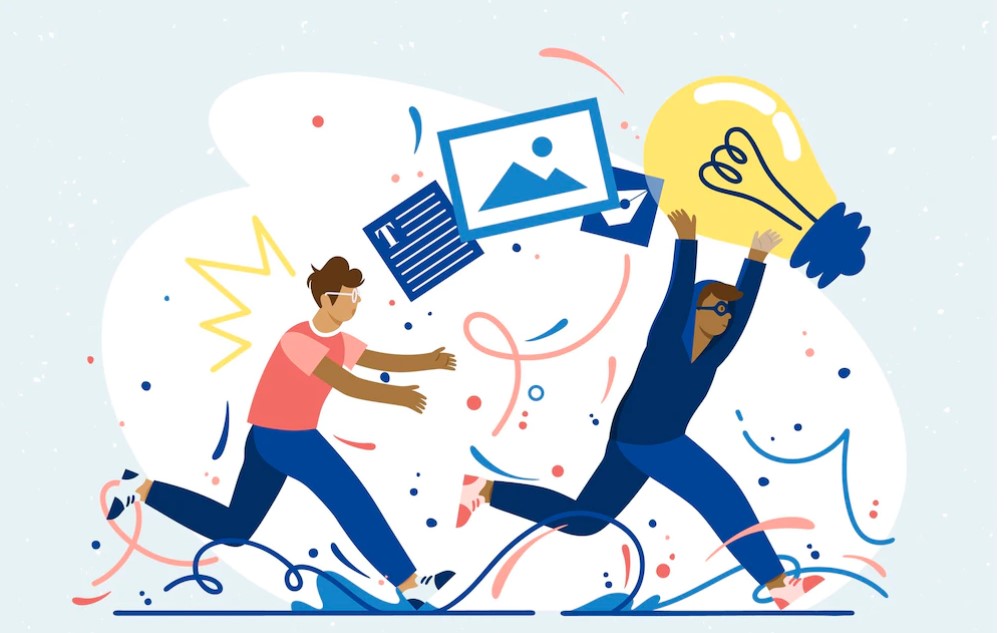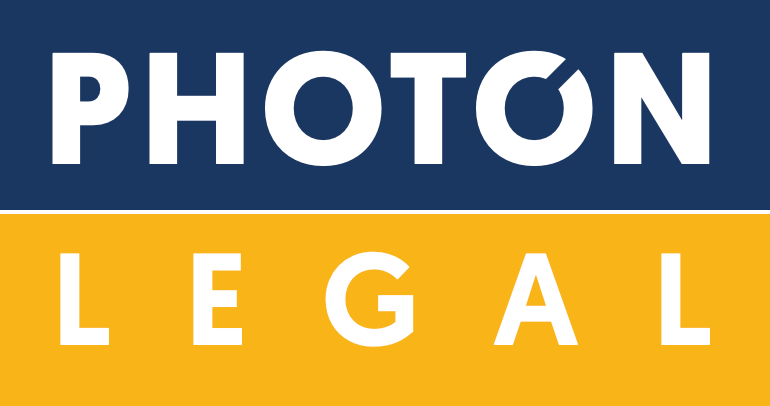
Introduction
How many times have you bought or used products with words “copyright protected” printed on them? It could be a Video-on-disc (DVD) movie, CD, book, eBook, app, photograph, or paintings. These words suggest the art or the description on a website or the book are subject to copyright protection, meaning that only the owners can legally sell and profit from them.
The protection of IP works as a driving force for innovation. It’s a win-win since it rewards ingenuity and helps those making the goods make a living out of it.
What’s the big deal about having copyright rules in place? It’s important because the people that invest time, effort, and resources into creating something new should be compensated for their work monetarily.
What exactly is a copyright?
A copyright is a set of rights that automatically vest in the creator of an original piece of authorship, such as a literary work, music, film, or software. Further, these rights include the ability to reproduce the work, create derivative works, distribute copies, publicly perform and display the work.
There are a lot of works that can be protected under copyright law such as paintings, photographs, illustrations, musical compositions, sound recordings, computer programmes, books, poems, blog posts, movies, architectural works, plays, and so much more!
However, it is pertinent to note that copyright only protects expression, not ideas, methods, systems, processes, industrial designs, principles, or logos. As these are protected under different IPs like patents, designs, and trademarks.
Why is copyright important?
Before we discuss copyright infringement, let’s first understand the importance of copyright!
- Copyrighted works can only be used by the person who owns the rights to them. If you want to use copyrighted work, you have to get permission from the owner.
- Copyright protection under modern law lasts for the lifetime of the author and upto 60 years after the author’s demise.
- Copyright law says that you have to seek permission if you wish to use someone else’s copyrighted work and compensate for the use as well.
What counts as copyright infringement?
Copyright infringement is the use or creation of IP-protected material without the copyright holder’s consent. In simple terms, when someone else uses your work without your permission, they’re infringing on your copyright.
Mostly, copyright infringement is a major problem in the entertainment industry, especially music and film. It is another name for piracy or the stealing of someone’s original product, especially if the one who stole reaps the rewards rather than the originator.
Types of copyright infringement
Infringements of copyright can be broadly divided into two categories:
A] Primary infringement
This involves the actual act of duplicating the work without the consent of the copyright holder. It can include copying any work wholly or partly.
For instance: A person making copies of books to distribute them for profit or just copying a paragraph from a published book and using it under his own name.
B] Secondary Infringement
The secondary infringement is violation of a work’s copyright that happens without actually reproducing it but involves dealing with infringing work products.
Secondary infringement can happen in the following ways:
a) Selling unauthorized copies
Copyright infringement occurs when someone sells copies that violate the rights of the copyright owners.
b) Disseminating Illegal Copies
Copyright infringement occurs when someone disseminates illegal copies of works that have a copyright holder. An example of a copyright violation is when someone freely uploads a pirated movie to the internet.
How to avoid copyright infringement ?
-
Always be cautious while copying anything online, yes even a meme!
It is always good to not copy anything from anywhere online. Never assume that just because something can be downloaded for free, it can also be used for free.
2. Seek written permission before re-creating, or modifying someone else’s work:
It is necessary to locate the creator of a copyrighted work in order to get in touch with them and ask for permission to use their creativity. Even better, give credits to the creator. If you are using someone else’s art for non-commercial purposes under fair use doctrine, you can give credits and add a disclaimer.
3. Read and then accept licensing terms:
Licensing terms follow when purchasing any works from stock agencies. You should carefully read these contracts and maintain copies for your records since they contain the conditions under which you are acquiring the license as well as any restrictions that may apply.
4. Establish an IP policy for your company:
An intellectual property (IP) policy is a set of rules that explains to team leaders and employees the protocols to follow when dealing with third-party and corporate IP. The IP policy establishes a common norm and works well to prevent unintended infringement.
Associated Press (AP) v. Shepard Fairey:
An interesting example of Associated Press (AP) v. Shepard Fairey shows how famous global leaders have fallen into the legal battle of copyright infringement. Shepard Fairey had adapted an AP photo of Barack Obama into a billboard in 2008. Obama’s first presidential campaign used the artist’s ‘hope’ poster. AP demanded payment for Fairey’s use of the photo in January 2009. Fairey said his work didn’t devalue the original photo, so it was fair use. Fairey and AP settled privately in January 2011, dividing the poster’s proceeds. This case produced a lot of attention regarding the worth of work in IP battles without a court case or judgment. Both parties may have saved time and energy with a copyright license. When in doubt, credit the source.
How IP lawyers can help you fight copyright infringements?
What counts as copyright infringement? What is fair use? How to resolve infringement suits? and so on…this whole process might seem confusing and complicated to someone not aware of laws around it. That’s why it is important to consult a good intellectual property lawyer who can give you advice on how to handle the process of registering and protecting intellectual property or prevent yourself from falling into any legal dispute related to IP.
At Photon Legal, our Intellectual property attorneys help brands and individuals to secure their IP and protect it. We also help ones who are being harassed through unlawful use of their copyrighted works. Get in touch with us through LinkedIn and our website to discuss more.
Conclusion:
Copyright law, like other intellectual property laws, tries to find a balance between the creators’ personal needs and the public’s need for freedom and access. Therefore, to encourage innovation in business, research, arts, and other fields intellectual property must be protected on priority. This is because it gives creators identity, recognition, appreciation, and financial incentives to keep making new creative things. In the end, copyright protection is important for all artists, writers, lyricists, musicians, content creators, businesses of all sizes, and anyone who works with copyrighted material needs to know how infringement works.


